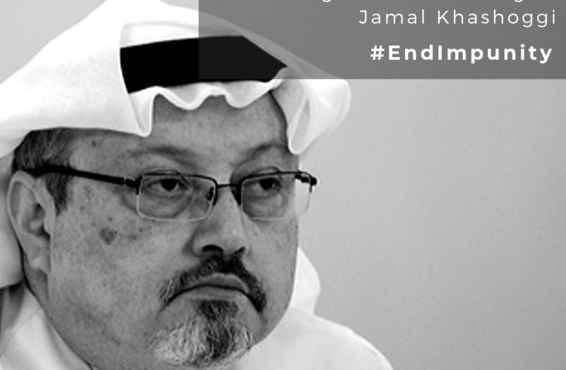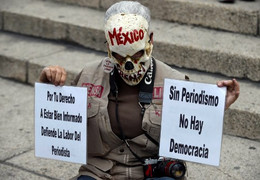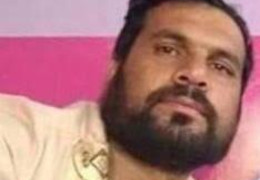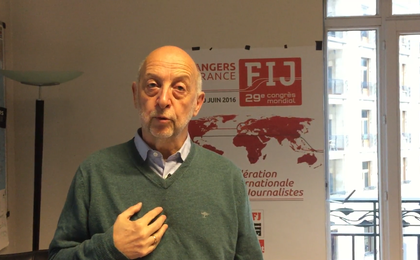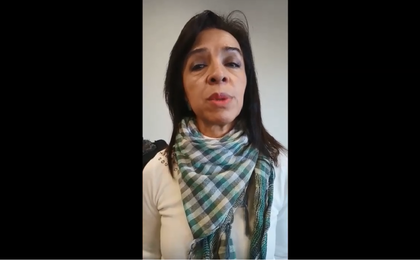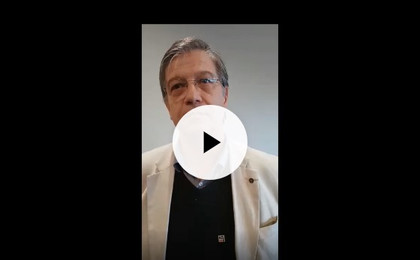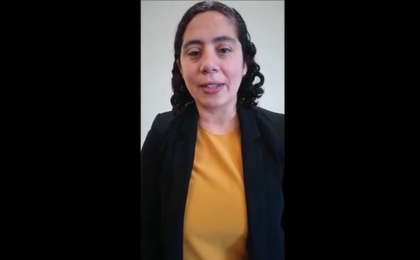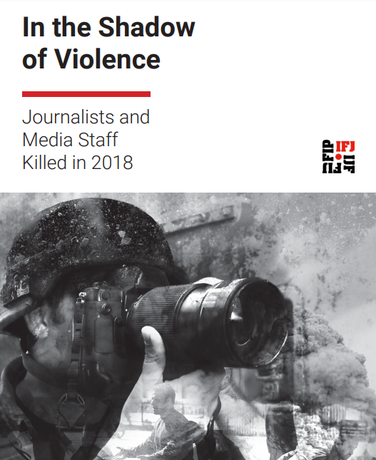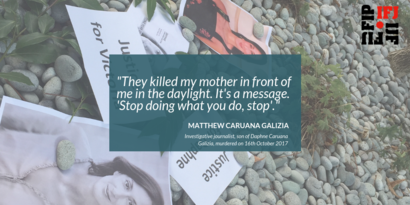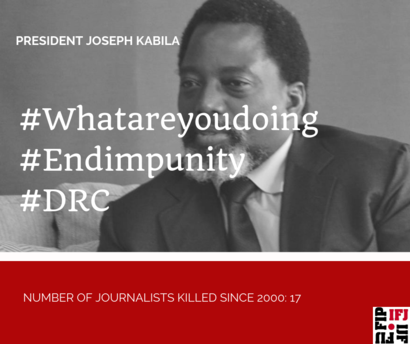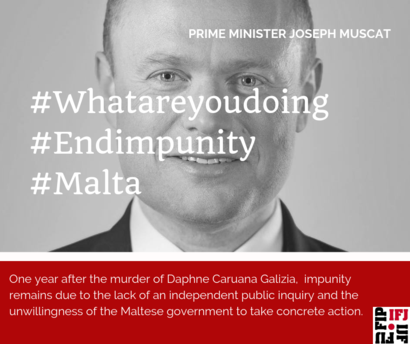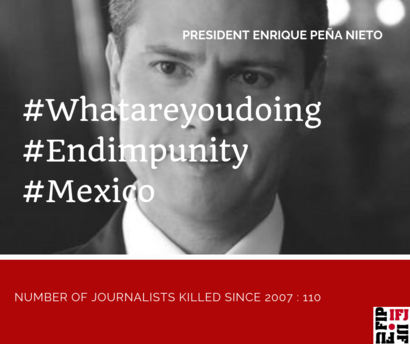Our #endimpunity campaign 2018 aims to hold governments and de facto governments accountable for their impunity records and to denounce crimes targeting journalists that remain unpunished. Murder is the highest form of these crimes but all attacks targeting journalists that remain unpunished must be exposed and acted on. In the past 6 years, more than 600 journalists have been killed and so far in 2018, at least 74.
Access the campaign´s resources page
While we are targeting all governments and de facto governments that have failed to investigate those crimes we are putting a specific emphasis on five countries: Afghanistan, Democratic Republic of Congo (DRC), Malta, Mexico and Yemen.
In DRC, attacks against the press have severely increased in recent years,especially since the political crisis which started in 2016. Journalists find themselves in constant insecurity and are the target of violence which is barely investigated or punished. Several journalists have been detained for criticising those in power. Foreign correspondents have also been subject to numerous acts of intimidation. The upcoming presidential elections to be held on 23rd December raise a number of concerns for the safety of journalists, especially for those covering the elections. The IFJ has partnered with Brussels Wallonie International to organise training for journalists in DRC on elections reporting.
In Malta since the murder of investigative journalist Daphne Caruana Galizia on 16th October 2017 in a car bomb attack in the town of Bidnija, impunity remains because of the lack of an independent public inquiry and the unwillingness of the Maltese government to take concrete action. In addition press freedom is worryingly threatened and is decreasing since Daphne was killed.
The crisis of violence and impunity in Mexico, one of the countries with the highest number of crimes against journalists, shows no signs of abating. Since early 2010, at least 86 journalists and press workers have lost their lives whilst exercising their profession, including 8 in 2018, in the general context of violence that has been pounding the country since the beginning of the so-called “war on drugs”. Alongside the assassinations, at least 26 press workers have gone missing. In areas such as Veracruz and Oaxaca, the situation is particularly desperate owing to the widespread infiltration of drug trafficking among state security forces.
The high level of impunity in Afghanistan causes an increasing number of threats and violence against journalists. The IFJ registered 55 journalists killed in the last ten years, including 16 deaths in 2018. The harassment of media workers comes from armed groups as well as authorities and government officials. There is no prosecution of those who assault journalists for their critical reporting. The threats and insults from the police officers in provinces endangers trust in a fair and independent investigation as well as discouraging journalists from reporting violations against them.
In Yemen, 35 journalists have died since 2011, eight of whom have been killed in 2018. Journalists were killed in cross fire, by Houthi snipers or aerial bombings of Yemeni governmental forces back up by the Saudi led coalition. Some were killed as a result of targeted assassinations. Political polarization and direct threats forced hundreds of Yemeni journalists to flee the country. More than 53 have been kidnapped or arrested, almost all of them by the Houthis, after being accused of spying and treason. As a result, they constantly face the threats of being killed and tortured.
There can be no press freedom where journalists work in fear.
Join the campaign now, show your solidarity and support by endorsing our activities scheduled this year!
Background
The UN Day to end impunity for crimes against journalists was adopted on 18 December 2013 and will be marked on 2 November, the fourth anniversary of the killings of two RFI reporters, Ghislaine Dupont and Claude Verlon, murdered in Kidal, Mali in 2013.
It comes ahead of another important date of 23 November which commemorates the 2009 Maguindanao massacre in the Philippines when at least 32 journalists lost their lives in the single deadliest attack on media.
Our activities
- We are collaborating with our affiliates on targeted campaigns in Afghanistan, DRC, Malta, Mexico and Yemen to advocate for justice and the resolution of cases of impunity
- We are calling for an international instrument to tackle crimes against journalists.
- We are holding governments and de facto governments of these countries accountable for their impunity records and organising different activities to highlight this.
- We are calling on intergovernmental organisations to make a stand against impunity and support our campaign
- We are organising media coverage of the issue of impunity
- Our 28th killed list will be presented at the beginning of January 2019 as a follow up to our campaign
Get involved
- Sample for twitter: “President or Prime Minister [add name] ,on @UN Day v. impunity what are you doing to end violence against journalists in [add name of country] #EndImpunity”
- Sample for facebook: “Dear [add Mr/Ms President or Mr/Ms Prime Minister], On this UN Day against impunity for crimes targeting journalists, we urge you to take a public stand against all forms of violence against media professionals in [add name of your country] and direct your government’s services to investigate all attacks on journalists and media staff. Thank You”. Send it to us so that we can share with all the IFJ family.
- Send letters to your own government or to the government of targeted countries holding them accountable for their impunity records. Organise a visit to their embassies in your country to deliver the letter, take photographs and disseminate them widely, send them to us so that we can share them in our own network and support you.
- Contact your newsroom about publishing /broadcasting stories about impunity on 2 November
- Commemorate special impunity days: UN Day against impunity for crimes against journalists (2 November).
- Organise a march or a specific activity (conference, minute's silence, group picture holding the impunity poster) to show your solidarity. Take pictures of the activities; share them on your social media and with us.
- Make a short video. If you know a colleague or a family member of a killed journalist in your country, we urge you to talk to them and ask them to make a two-minute video message about the need to secure justice for their loved ones which we can post on the IFJ website and share in our social networks. Send them to: [email protected]
Read existing texts to combat impunity
The Safety of Journalists and the Danger of Impunity, UNESCO Director General’s report. This report, released every two years, includes information on judicial inquiries into the killings of journalists, and other steps that governments are taking to end impunity. The 2014 report was prepared following the Decision on the safety of journalists adopted at the 28th session of the IPDC’s Intergovernmental Council, in March 2012, urging Member States to “comply with the relevant obligations under international law to end impunity” and “to inform the Director-General of UNESCO, on a voluntary basis, of the actions taken to prevent the impunity of the perpetrators and to notify him of the status of the judicial inquiries conducted on each of the killings condemned by UNESCO”.
Resolution of the UN Security Council 1738 (2006): the resolution condemns attacks against journalists in conflict situations and urge "states and all other parties to an armed conflict to do their utmost to prevent violations of international humanitarian law against civilians, including journalists, media professionals and associated personnel".
Resolution of the UN Security Council 2222 (2015) urges member states to take appropriate steps to ensure accountability for crimes committed against media workers during armed conflicts and calls on all parties of an armed conflict to comply fully with the obligations applicable to them under international law related to the protection of civilians in armed conflict, including journalists.
UNESCO Resolution 29 “Condemnation of Violence Against Journalists” adopted by the UNESCO General Conference at its 29th session on 12 November 1997, which called on Member States to remove any statute of limitations on crimes against persons when such crimes are "perpetrated to prevent the exercise of freedom of information and expression or when their purpose is the obstruction of justice" and which urged governments to "refine legislation to make it possible to prosecute and sentence those who instigate the assassination of persons exercising the right to freedom of expression".



